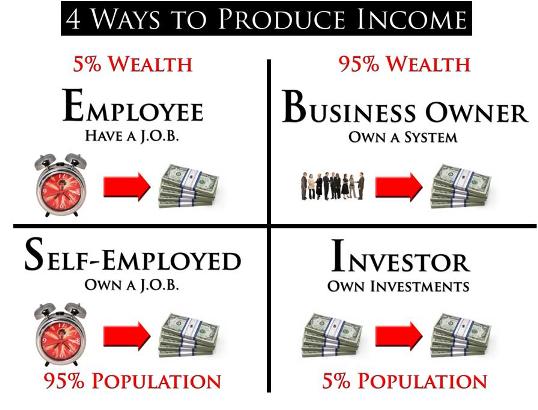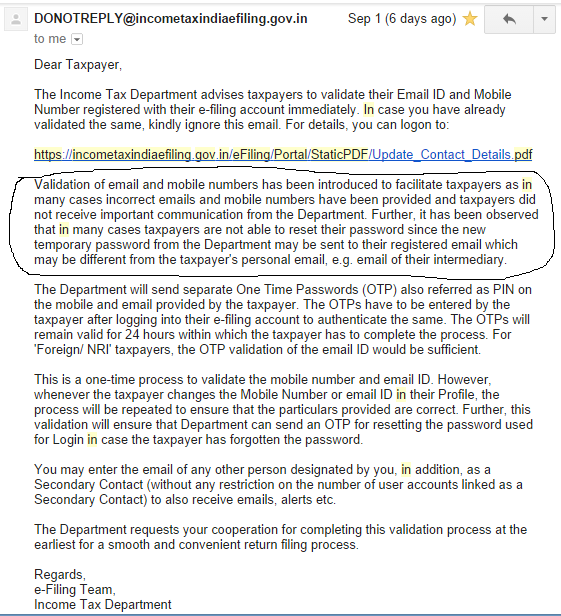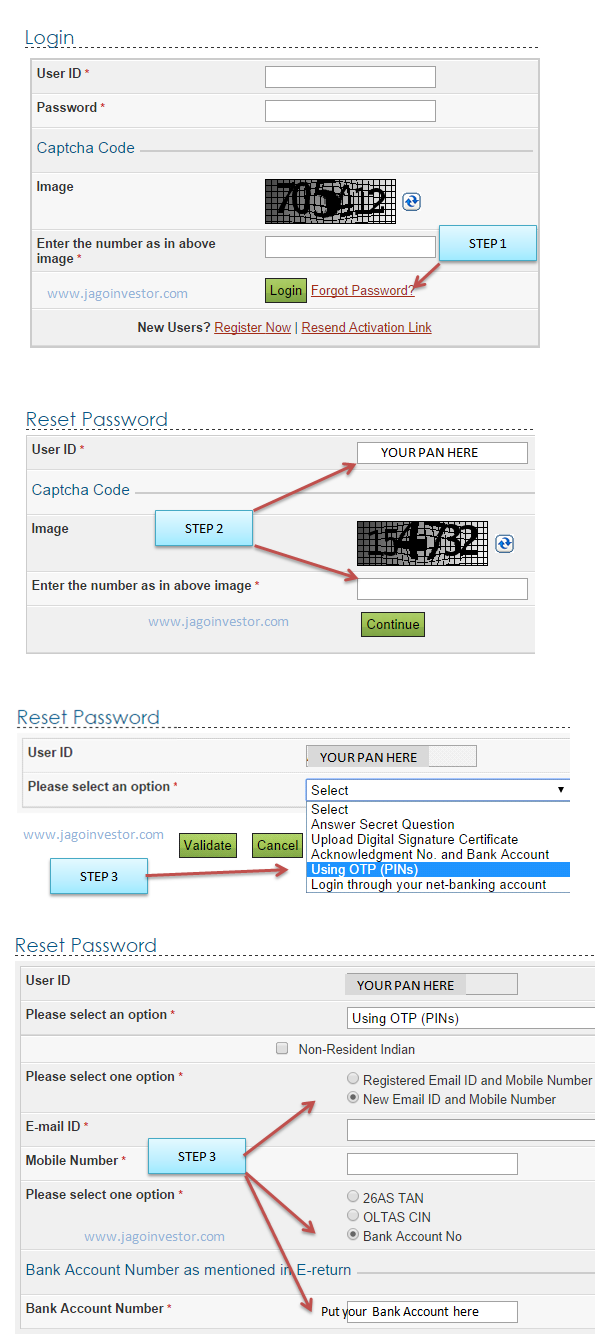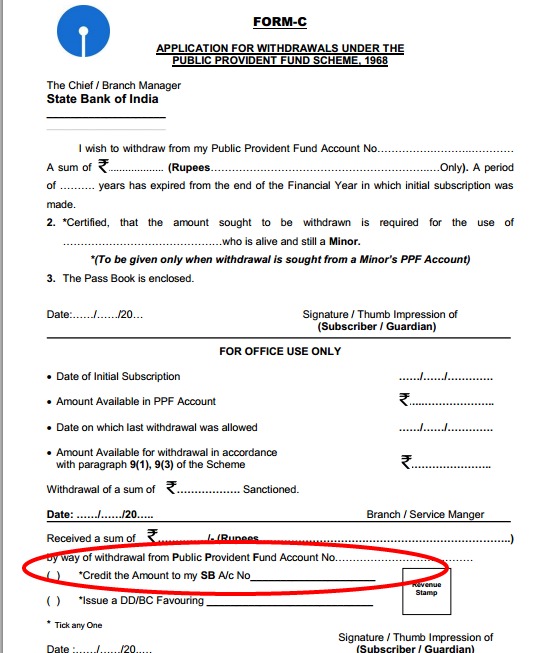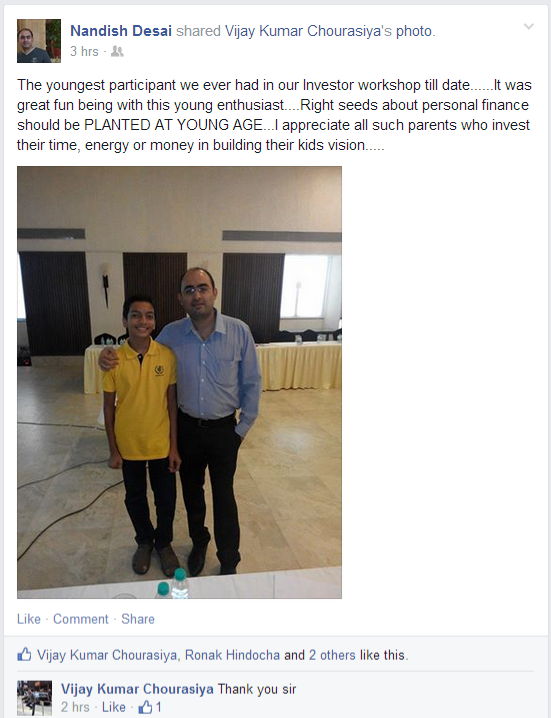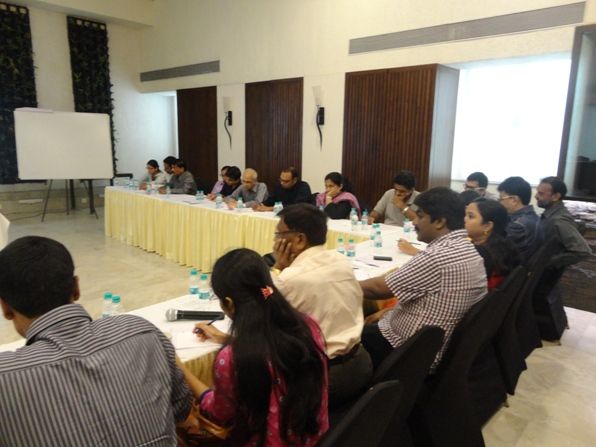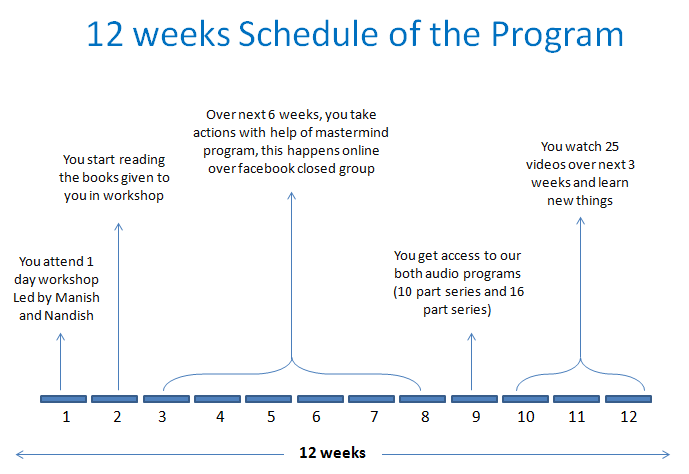Do you want to know how someone created his 2nd income other than the regular 9-5 job ? In this 3rd article for “increasing income” series (part 1 and 2 here), we present an interview with Anupam Mehra from Bangalore, who is one of our blog readers and has agreed to share his story of creating second income in his life. I was very impressed with him because he has done something which most of the people only imagine and never make it a reality by taking extra efforts for whatever reason.

So I mailed Anupam 7-8 questions to answer, so that it can be shared with you all. I am sure you will get some great ideas from him, a lot of motivation to something similar in your own life and at the end, lets start a new kind of culture on this blog where we share our knowledge with others so that it can enrich others life in some way.
Here is the interview ..
1. Can you share very quickly about yourself and what you do right now in job ?
I have post-graduate degree and have about 8 years of experience. My education and profession are in the same field, Electronics. I have broad range of experience in all aspects of product design. I was lucky in a way that in both the two companies that I worked for, there were no set job definitions. For example, some companies have set roles like development, testing, documentation, verification etc. But, for me I had to do all of this at some point of time. This helped me gain good experience overall. I think for all new graduates, embrace this sort of opportunities since it will give you a good idea on what interests you. You can choose to specialize in something that really interests you as you gain more experience.
For me alternate source of income did not mean alternate field of profession. I am really passionate about my area of work. Initially for earning 2nd income, I completed a few projects on freelancer websites like Elance and others. Some of the projects were not related to Electronics, for Ex: Visual Basic Automation, but for most part I did projects in my field of interest only. Some of the projects I quoted a very low price to ensure I got the project. For the past one year, I have been consulting with a US-based company. I am guiding a group of engineers in verifying a very complex design. I have provided a lot of automation tools that I developed, which is helping the engineers improve their productivity.
2. How does it feel to have another source of Income apart from your professional active job income?
To begin with, I wanted more control in my career. I did not want to worry about layoffs, appraisals, not getting onsite etc. I also wanted to see if I can get better at what I do. Of course making more money feels really great. I feel content professionally which makes be feel relaxed at home and I spend more “quality” time with my family. It just means I can save more (and of course my wife thinks she can spend more…).
3. Was it tough to start earning alternate income ? Because most of the time everyone has this complain of “not having enough time” ?
Not having enough time is the first thought that will come to our mind. To being with, I evaluated how much time that I spend on unnecessary activity. One of the first things that I did when I started freelancing was make a commitment not login to facebook, gmail, whatsapp etc while at my work. I am required to spend X amount of hours at work. I was determined to use all this time efficiently such that I would not have to spend extra time in the office. Of course, sometimes I would have to work 14-16 hours a day to meet some deadlines. But mostly I wanted to be disciplined and not spend extra time in the office unnecessarily.
And the good thing about freelancing is you can do it in your own time. After I come home “early” from work, I would spend time with my family, do all the regular stuff, put my 2yr old son to bed and login to work. This sometimes would work well, since my clients would be in the US or UK and the time works out perfectly. I would also wake up at 5.30 a.m. instead of the usual 7.00 a.m. on weekends just to get some work done before my family wakes up. At any point I have not worked for more than 15 billable hours a week. I had made this clear to all my clients as well.
4. How did you identify that you can earn alternate income – Because most of the people complain – “I have no idea what can I do other than my job ?”
The starting point for me was, identifying my strengths. What it is that I can offer better than most? How much time can I spare comfortably on a weekly basis? I explored teaching options that are available, both offline and online. I started off with this initially. As I mentioned before, Visual Basic programming was a hobby for some time which I used to generate some income. Basically once I had an open mind, I was not hung up with the type of work. I was more interested on the service that I can provide and its quality. I offered real value for money initially as I built my reputation on the freelancing websites and then slowly picked and chose which projects to bid/work on. So the question is “what skills do you possess that you can leverage to generate an income?”
5. What is one single thing you consider as most important thing one should have in them if they want to create second income source of income ?
Attitude – “Go-Do”
What I mean is I lot of people including me used to have these great ideas when having lunch/tea with colleagues and friends. Some of us have this frustration that “I am wasting my time”,” I should be doing a lot more”, “common guys, let’s start a company on our own”.
But somewhere in the daily grind, we remain in inertia… mostly because we want that comfort zone. You are the CEO, CFO and CTO of your one-person enterprise, be it being employed in a company or working for an alternate source of income. Having the great attitude of believing that you can do it and offer outstanding service to your clients will surely help you succeed.
6. Do you think now when you have a 2nd income source, you have higher confidence to start a 3rd alternate income source too ?
Absolutely! The possibilities and opportunities are limitless. I have just started. I intend to continue this. Some of my ideas require me to invest some capital. I have earmarked a percentage of my Additional Income to fund these. Multiple sources of income -> that’s the long term goal.
7. How has your financial life changed after you have started getting an alternate source of income ? Have your savings gone up ? Has your quality of life improved ?
I have to mention this here. My following of Jago Investor started when trying to correct my mistake of investing in endowment plans. So in the past two years I have corrected my initial mistakes (with the help of Jago Investor blog, Pattu Sir’s Blog etc) as well as started generating my additional income. So, both of these two factors have definitely improved my financial life. My wife and I made a combined decision on what percentage of regular income and additional income we will save. Rest is for spending. By doing this, we are living and saving comfortably.
We save most of our additional income by the way. We do not want to get used spending away this income as it might cause lifestyle inflation which might be difficult to recover from.
Since I am spending my personal time with generating additional income, I am more conscious on spending time with my family. I try to make it “quality” time. I regularly take casual days off where I am completely cutoff from both regular and additional work. I must say I have a supportive wife as well.
This additional income helps me in not worrying about the small stuff. Instead of worrying about the expense most of which is not in my control, I “worry” about increasing my income. This has led to a smoother family life.
8. Do you think having an alternate source of income is some kind of luxury or something which everyone should mandatorily have ?
Different folks, different strokes Manish!
It would be nice to have. I also recognize that some people will not be able to do it. Some folks might genuinely not have the time or would love to spend every free minute with their family or would be really happy with what they earn. My suggestion is people should evaluate if they really want to and can work additionally to generate an income.
Second source of income builds in some security in case of loss of regular job for whatever reason. It could also be a way for a person to transition from a regular job to full-time entrepreneurship.
Sometimes I also wonder if hours of research while choosing a mutual fund which can generate additional 0.5%-1% returns is worthwhile. Can this time be better utilized in updating skills and working for additional source of income?
Thanks
I would like to thank Anupam to accept my invitation to share his answers for my questions and share it with everyone else. I am sure you must have learned few things from this interview. You might have also got some validation from this interview about your own imagination and thinking. You can also see that someone has really done it and it works and now you will do it in your own financial life
Next week in the 4th part of this series, we will be talking about passive and active income and some ideas around it.
Now the question for you is – Are you working on creating alternative income source somehow ? Have you tried it ever ? and failed ? or succeeded ? Please share whatever you want in comments section below and lets have more conversation around this topic !



